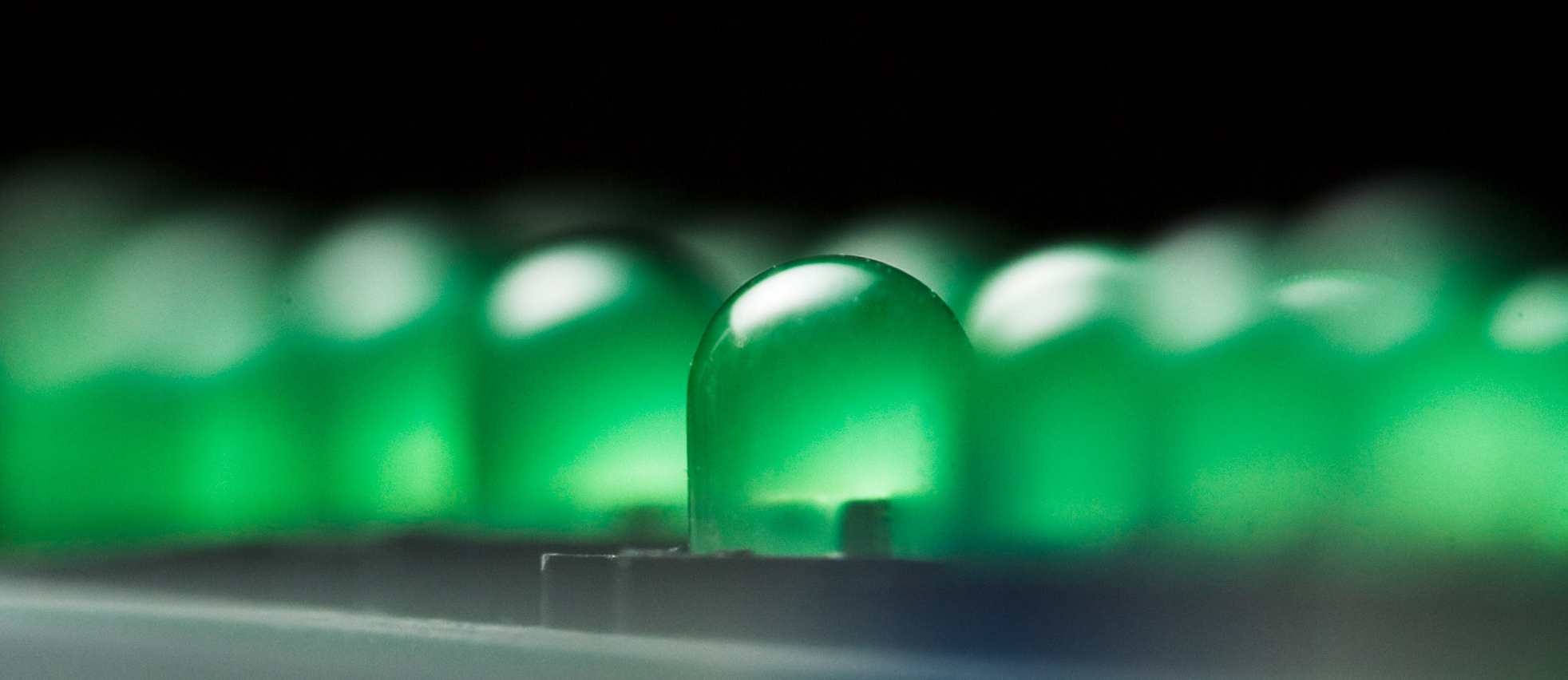Do LED lights help the environment?
We all know that LED lights are more environmentally friendly than their money-burning, chemical-leaking predecessors. But as is often the case with eco-wisdom, the entire story is a little more complicated.
We all know that LED lights are more environmentally friendly than their money-burning, chemical-leaking predecessors.
But as is often the case with eco-wisdom, the entire story is a little more complicated.
While there’s no denying the positives far outweigh the negatives, is there a darker side to the squeaky-clean image of the light-emitting diode?
Here’s a look at the facts — a strictly ‘no greenwashing’ zone.
Green claim #1: LEDs save space in landfill
Eco truth: LED light fittings still go into landfill, and they will not biodegrade (see boxout). But they do leave a much smaller footprint.
That’s largely because LED lights have a significantly longer life span, so there aren’t as many of them heading for the tip. It is acceptable to dispose of LED lights in a regular (red) bin, but they can also be recycled in the same way as other lighting waste, whereby the non-renewable materials such as glass and aluminium can be recovered and reused.
LEDs do need to be discarded correctly, however, so you can’t just put them in a home recycling bin.
Check with your local council to see if they have specific recycling facilities and where to drop them off.
Green claim #2: LEDs use less energy
Eco truth: How much electricity is consumed depends on the individual device and the lighting fixture design. But yes, LEDs use way less energy — at least 75 per cent less than the old household light bulbs.
An example: fluorescent strip lights convert only around five per cent of the energy they use into light and the remaining 95 per cent goes into heat. LED lights have these figures the other way around.
Green claim #3: LEDs are chemical free
Eco truth: Mercury is an extremely toxic heavy metal, and a key component of fluorescent, CFL, ultraviolet and neon globes. Electricity zaps the mercury vapour, triggering a reaction that creates light. (Some HID bulbs also contain radioactive substances such as Krypton-85 and thorium.)
Each CFL contains about five milligrams of mercury, which isn’t much, but it can still be dangerous. If inhaled or absorbed through the skin, mercury damages the central nervous system.
When CFLs are punctured or crushed in the disposal process, the chemicals can leach into surrounding soil and waterways and poison fish and other wildlife. LED lights contain no mercury.
They do contain nickel, lead and trace amounts of arsenic though, so always best to recycle where possible (see Green claim #1).
Green claim #4: There’s no environmental downside to LED lighting
Eco truth: The trouble with how popular LEDs have become is that we’re using lighting more than ever — and especially at night.
Light pollution has increased worldwide in the past decade and the prevalence of energy-saving LED lights must shoulder some of the blame for this.
A report in the respected scientific journal Science Advances found that artificially lit outdoor surfaces are growing at a rate of 2.2 per cent every year. Light pollution (particularly from blue LEDs) affects nocturnal animals, plants and micro-organisms and is increasingly suspected of being harmful to human health due to its impact on the sleep hormone melatonin.
Green claim #5: LEDs are good for cognitive function
Eco truth: This is simply not the case. In fact, people often forget where the light bulbs are at their local Gemcell branch by the time they need to replace them. Please don’t be shy about asking your friendly retailer for help.






Comments (1)
Write a Comment